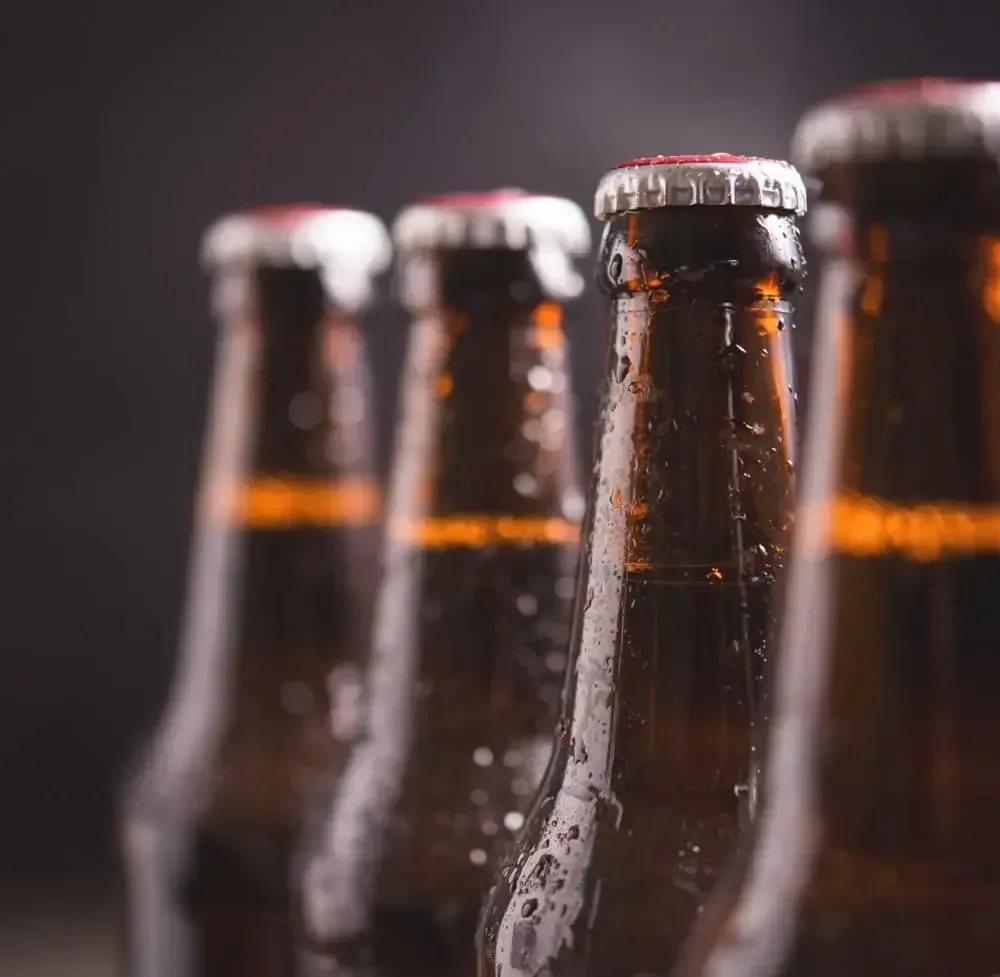Croxsons: Is EPR penalising glass unfairly? Why it’s time to rethink the rules

Supplier News
This year, the UK’s Extended Producer Responsibility (EPR) scheme officially came into force — and it’s already reshaping conversations across the drinks industry. From cider makers moving into cans to producers exploring lighter-weight bottles, packaging choices are under scrutiny like never before.
At Croxsons, we’ve seen the impact first-hand. As Tim Croxson told The Grocer, “Glass is clearly being penalised in an unfair way.” Yet, while others are scaling back, many of our premium partners continue to value glass for what it represents – quality, recyclability, and brand integrity.

The challenge with EPR
EPR’s intention — to encourage producers to take greater responsibility for packaging waste — is one we fully support. However, its current structure doesn’t fully recognise glass’s environmental advantages. Glass is infinitely recyclable, free from microplastics, and doesn’t carry the same chemical risks as many alternative materials.
“Alternative materials may appear cost-effective under EPR due to their weight,” Tim explains, “yet they often bring other trade-offs. From product preservation and consumer experience to recyclability.”
From lightweight to “rightweight”
At Croxsons, our focus has shifted from simply making glass lighter to making it right. We’re running multiple trials across beer, cider, wine and spirits to push the limits of what’s possible – reducing emissions without compromising quality.
As Tim puts it: “Lighter glass doesn’t mean lower quality. We aim to redefine what premium looks and feels like, to show that refinement and responsibility can go hand in hand.”
Reuse, responsibility and real-world change
While reuse schemes hold potential, the UK still lacks the infrastructure to make large-scale reuse a reality. We believe progress will come through collaboration — producers, retailers, and packaging suppliers working together to create practical, circular solutions.
“As a B Corp,” says Tim, “we see it as our responsibility to get this right. Not just for our customers, but for the industry as a whole. It’s not enough to react to EPR; we need to lead by example and make sure change delivers genuine environmental benefit.”
This article was originally published by Croxsons.
Related News
-
Supplier News
Croxsons launches first ever British sparkling wine bottle
-
Supplier News
Croxsons Rightweight® – Designed with Purpose
-
Supplier News
Croxsons strengthens its long-standing values with B Corp certification
-
Supplier News
Croxsons at The Vineyard & Winery Show – 19th November 2025
-
Supplier News
Croxsons launches exclusive premium spirits bottle range to the UK market





